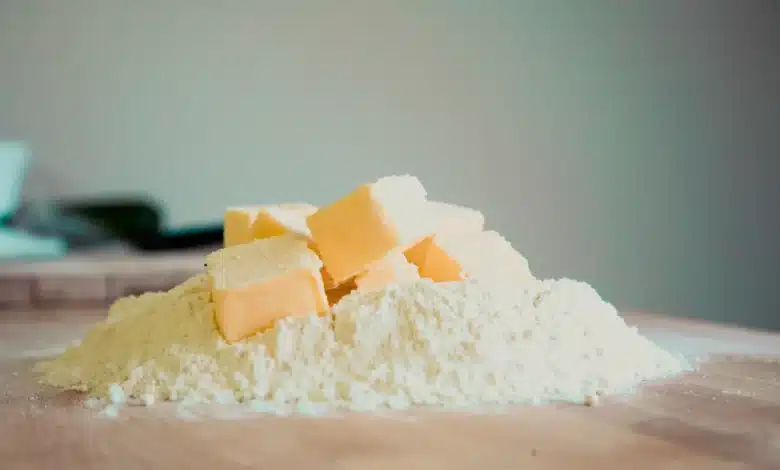Introduction to Shea Butter and Its Benefits

Shea butter, also known as “women’s gold” or “karité butter,” is a versatile natural product that has been used for centuries for its numerous benefits. Extracted from the nuts of the shea tree (Vitellaria paradoxa), which is native to West Africa, shea butter has gained popularity worldwide for its moisturizing and healing properties. In this article, we will explore the origins, production process, and various benefits of shea butter.
The Origins of Shea Butter
Shea butter has a rich history dating back to ancient times. Indigenous people in West Africa have been using shea butter for thousands of years, primarily for its medicinal and cosmetic properties. Traditionally, the knowledge of shea butter processing and its use was passed down through generations, often by women who were responsible for collecting and processing the nuts.
ALSO READ: Why Men Suffer From Premature Ejaculation
The Production Process
Shea butter is derived from the nuts of the shea tree. The process of making shea butter involves several steps:
- Harvesting: Shea nuts are gathered once they fall from the shea tree. This usually occurs during the rainy season in West Africa.
- Cleaning: The collected shea nuts are cleaned to remove any dirt, leaves, or other impurities.
- Roasting: The cleaned nuts are roasted, which helps to bring out the rich aroma and colour of the shea butter. Roasting also softens the nuts, making them easier to crush.
- Crushing and Grinding: After roasting, the nuts are crushed and ground into a paste using traditional methods or modern machinery.
- Boiling: The paste is then boiled in water, and the shea butter rises to the surface. It is skimmed off and allowed to cool and solidify.
- Packaging: The final product is packaged for sale or further processing into various skincare and cosmetic products.
Benefits of Shea Butter
Shea butter is renowned for its many benefits for the skin, hair, and overall health. Here are some of the key advantages of using shea butter:
- Moisturizing: Shea butter is an excellent natural moisturizer that helps to lock in hydration, making it a valuable addition to skincare routines. It can be applied to the face, body, and lips to combat dryness and promote soft, supple skin.
- Anti-inflammatory: Shea butter contains compounds such as cinnamic acid, which have anti-inflammatory properties. It can help soothe irritated or inflamed skin conditions, including eczema, psoriasis, and sunburn.
- UV Protection: Shea butter has a natural sun protection factor (SPF) of around 6, providing some defence against harmful UV rays. While not a substitute for sunscreen, it can offer additional protection when used in skincare products.
- Healing Properties: Shea butter is known for its ability to promote wound healing and reduce the appearance of scars and stretch marks. It can also help with minor cuts, burns, and insect bites.
- Anti-Ageing: Shea butter is rich in vitamins A and E, which are antioxidants that can help combat the signs of ageing by reducing the appearance of fine lines and wrinkles.
- Hair Care: Shea butter is a popular ingredient in hair care products due to its ability to moisturize and condition hair. It can help tame frizz, improve hair texture, and promote healthy hair growth.
- Natural Ingredients: Shea butter is all-natural and free from harsh chemicals and additives, making it suitable for all skin types, including sensitive skin.
Shea butter is a versatile and time-tested natural product that offers a wide range of benefits for skincare, haircare, and overall health. With its origins deeply rooted in West African traditions, shea butter has gained global recognition for its moisturizing, healing, and protective properties. Whether used in its pure form or as an ingredient in various cosmetic products, shea butter continues to be a valuable asset in the world of natural skincare and beauty.







Shea butter is very good product and it has many benefits
Shea butter is good for all